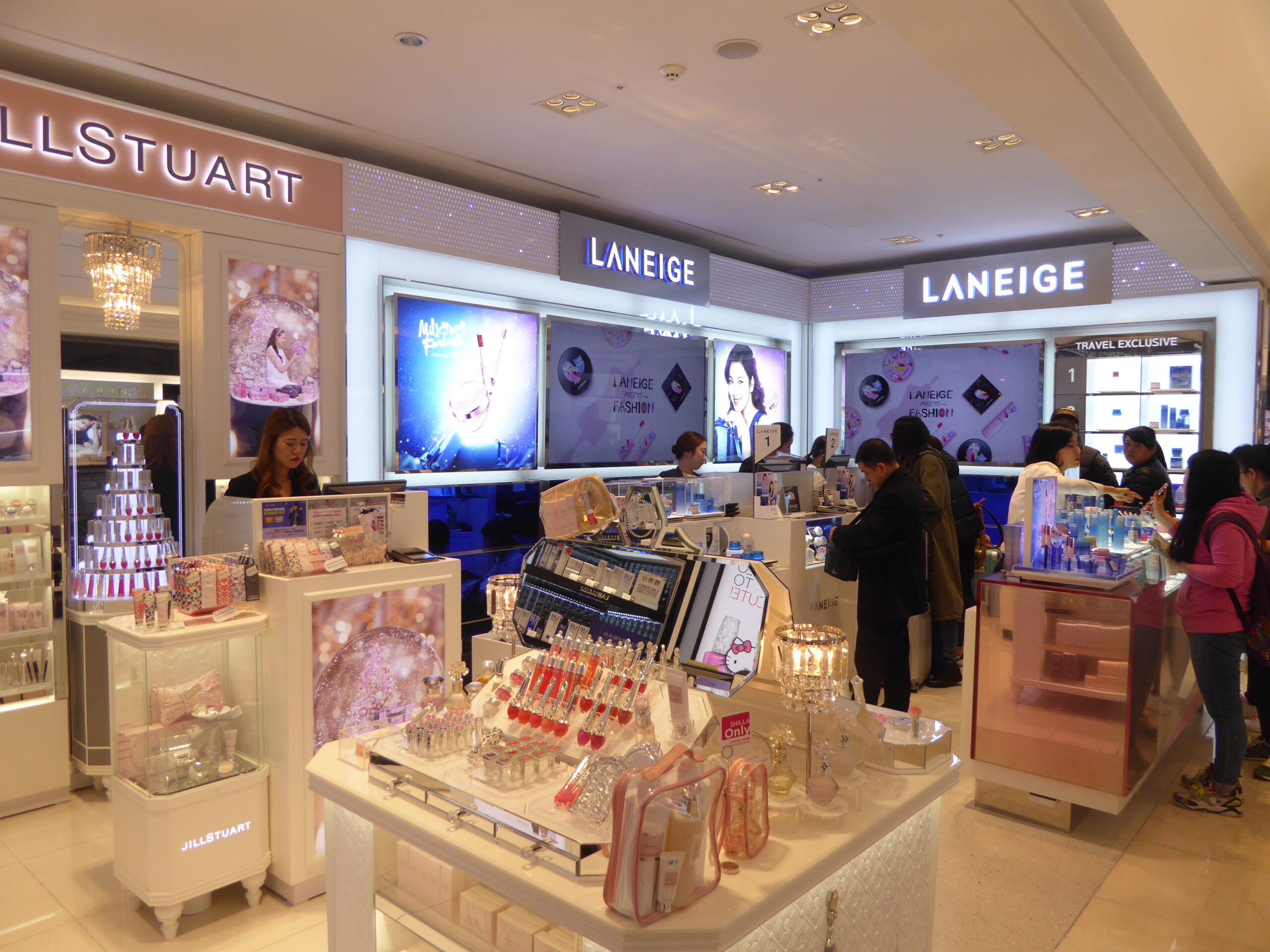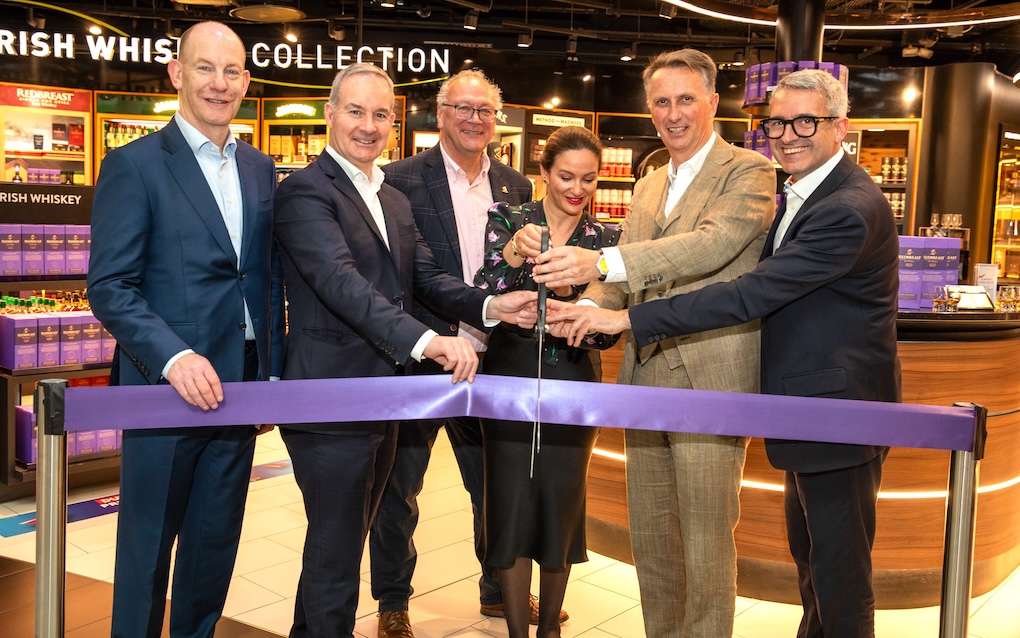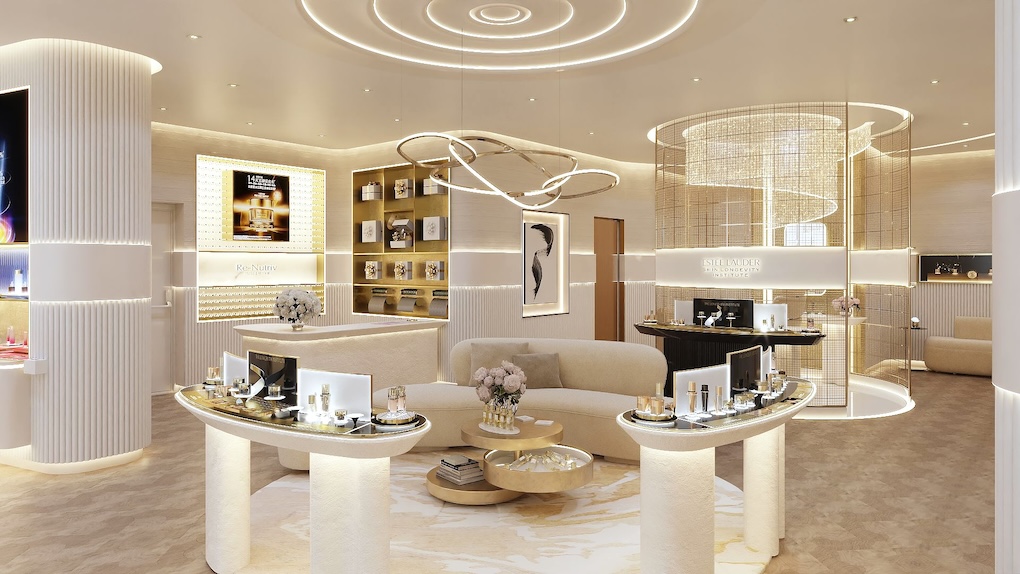ASIA PACIFIC. Leading beauty firm Amorepacific today announced a new duty free sales policy to limit the number of items that customers can purchase in a bid to protect its brands from Chinese shuttle or ‘daigou’ traders. The story was first reported by The Korea Herald and since confirmed by The Moodie Davitt Report.
This informal but growing cross-border business involves traders who purchases large quantities of Korean products and sell them at lower prices back in China. As we noted in our e-Zine of 13 July (see ‘The Muse’ below) ‘daigou’ trade represents an increasing proportion of duty free retailers’ beauty sales in Korea, one they are becoming especially reliant upon amid the ongoing THAAD crisis.

“We have tightened rules as the number of Chinese shuttle traders has surged recently,” an Amorepacific spokesperson told The Investor column at The Korea Herald.
Under the new policy, customers are allowed to buy up to five items from each brand such as Sulwhasoo, Laneige and Hera in duty free. Previously, the allowable limit was ten items. Online purchase is also restricted to up to five items per person, from 20 before. The new policy was introduced on 1 September in offline stores and from yesterday in the online channel, confirmed one of Korea’s leading duty free retailers.
Korean cosmetics companies have seen their sales suffer amid the THAAD-related diplomatic tension between Korea and China, with Chinese visitors and spending falling sharply since March this year.
The THAAD crisis has seen some of the newcomers haemorrhaging money, a situation that surely cannot last if the Chinese stay away. Those that are hanging on by their corporate fingertips are increasingly reliant on the one still buoyant aspect of Chinese shopping in Korea – the ‘shuttle traders’ or ‘Daigou’ market, individuals buying large volumes of cosmetics and reselling them on the Chinese mainland. The Korea Herald claimed that for the recent duty free start-ups, such traders account for up to two-thirds of foreign revenue. Even for major operators such as Lotte and Shilla, they represent up to one-third, it said. The retailers concerned may be happy to encourage such business. But not everyone else is so pleased. “The organised Daigou market is well publicised and their [retailers’] newest form of parallel market,” notes one of the industry’s most senior brand executives. “There are estimates that it is possibly half the business now for categories like cosmetics. The retailers are paying special commissions to Daigou tours. This is a sick unhealthy business and they are biting the hand that feeds everyone by disrupting the China market. This is a function of too many licences and people trying to figure out how to stay alive.” |














